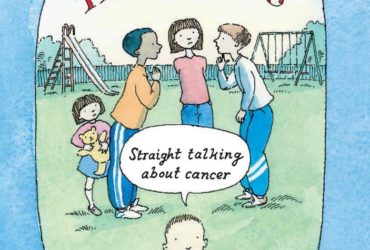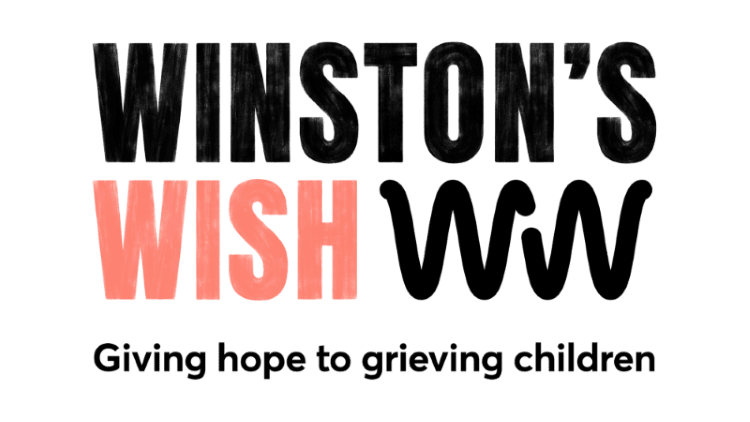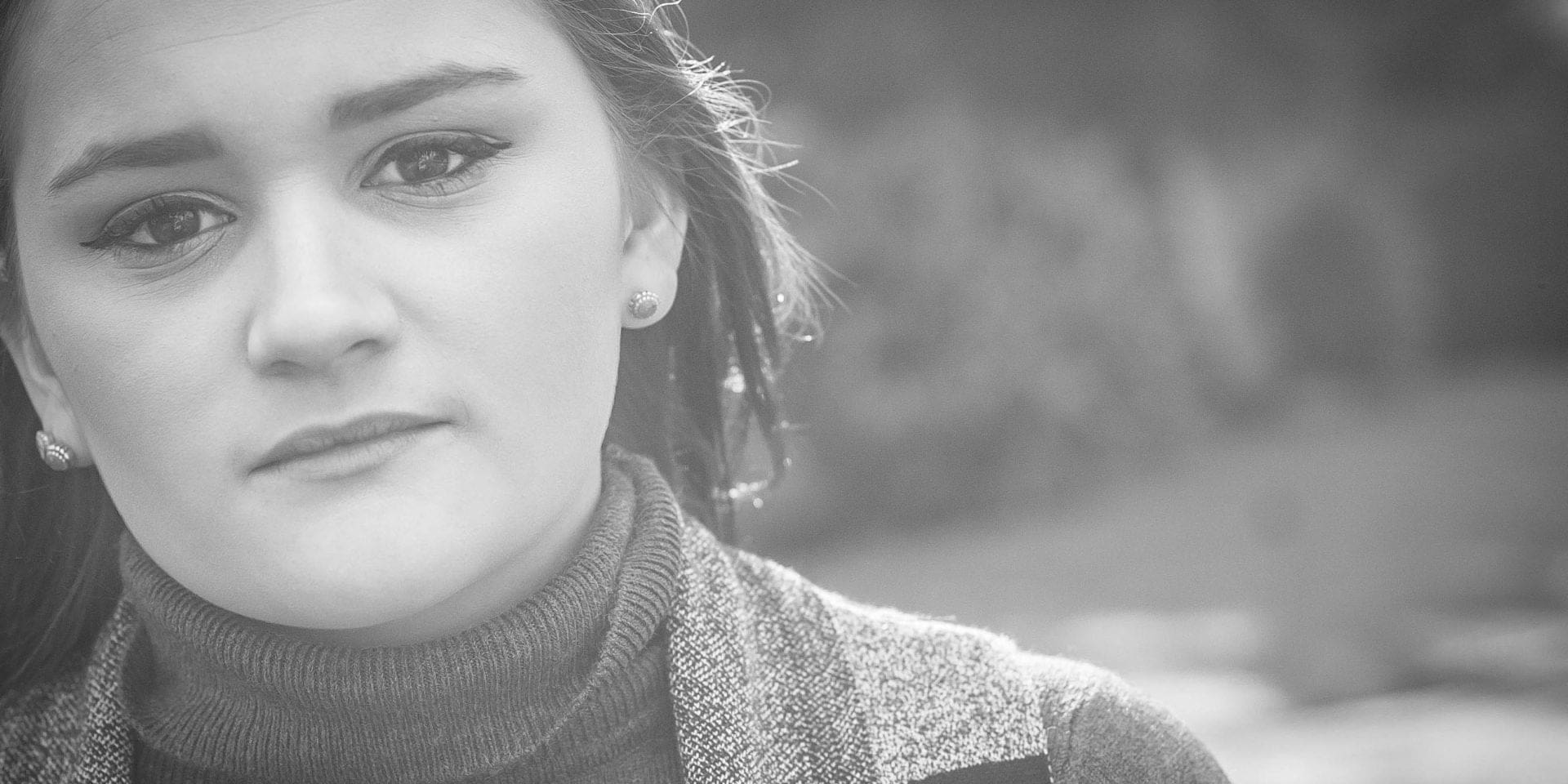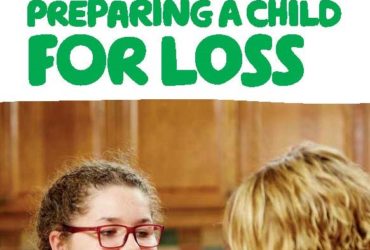It will inevitably be very difficult for children and young people when a parent has cancer and may die. From having open and honest conversations to building memories, there are a number of ways you can prepare a child for the death of a parent by cancer.
If there is another parent or step-parent around, he or she may feel torn between caring for and worrying about the children and also the person who has cancer. Sometimes, it may feel impossible to give everyone the attention they need.
For children, witnessing a parent’s illness is very emotional; they want to be caring and supportive but sometimes they just feel cross and want the “old” mum or dad back. The illness, as it progresses, intensifies the distress and the fear of the future without a loved parent.
This can be particularly complicated, emotionally, if the parent who is ill has been living apart from the family. A child or young person may feel they wat to establish a connection while this is still possible, yet the ill parent may not have the capacity to be the person their child needs them to be.
Hardest of all, perhaps, is when a single parent is seriously ill. Not everyone has supportive family and friends on hand; it may be hard to be alone in supporting children while also being ill and thinking about a future in which there may be a need for different arrangements.
Be open and honest
When talking to a child or young person there is an instinct to try to protect children from the horrors and sadness in the world. This is so true when it comes to talking with a child about diagnosis and prognosis.
However, at Winston’s Wish we know that one of the most important things is to have open and honest conversations with children and young people. Although this may feel like it is going against your instinct to protect, in fact, by enabling children to have age-appropriate information in a timely manner you are protecting them from a future where they feel they cannot trust you.
Half-truths or inaccurate information can cause more problems for everyone. When a child finds this out – and they will – the trust between an adult and a child has been broken and trust is so important at such a challenging time.
Many children and young people we work with talk about how glad they were that they could be involved in what was happening as a parent is dying. This is only possible when a child or young person has clear, accurate, truthful and timely information.
Build up information like a jigsaw puzzle
A Winston’s Wish, we often talk about building up a jigsaw puzzle for a child or young person when it comes to giving them information. It’s not necessary to give your child the whole puzzle (all the information) all at once. A younger child might only manage “daddy is very ill” at first, then you can give the child another piece, such as “he has cancer” or “he might die”, shortly after. Older children will require more information about what is happening and what the future may bring.
As a child grows older, following the death of their parent these jigsaw puzzles can grow and more pieces of information can be added.
Let them ask questions
Allowing questions is important. These may come when you give new information or later on. Children often ask questions when you aren’t expecting them – when they are going to be or when you’re driving in the car – so it is important to know how you will answer certain questions before they arise. It is also important that when these questions come, and they will, that if you don’t know the answer you say so. Children can cope with uncertainty better than lies or half-truths.
End-of-life care
Living with the tension of hope and current information can be extremely difficult. The cancer treatment may well have been all about cure and recovery and the switch to palliative (end of life) treatment. It can feel like the pace of life changes. You may go from lots of treatments, visits to hospital, and appointments to a slower pace of occasional appointments and visits from community teams. Children will pick up on this. It can feel when the pace changes that all hope is gone.
Preparing for the future
It can feel like a gargantuan task to prepare for a future where a parent is not going to be alive. There are the practical things, such as who will look after the child or making a will, but there are also tasks you may want to do around building memories.
Building memories could be writing letters for the children to have once the parent has died, creating a photo album or memory box with things the children might not know about or writing little notes to the children.
How to get support
Our bereavement support workers are available to offer information, guidance and support, right away. Reach out on 08088 020 021 or use our live chat (click the blue ‘chat’ button on the bottom right of your screen) between 8am and 8pm, Monday to Friday. You can also email us on ask@winstonswish.org and we’ll get back to you within two working days.
Our Winston’s Wish Crisis Messenger is available 24/7 for urgent support in a crisis. Text WW to 85258.
Macmillan Cancer Support also have a Helpline, staffed by trained experts who can offer people with cancer and their loved one, practical, clinical, financial and emotional support. Call 0808 808 00 00.
Resources that might help

As Big As It Gets
Our specialist book offers practical advice for families when someone is seriously ill and may die. Includes guidance, ideas for activities and helpful resources.

The Secret C
Through pictures, captions and straightforward language, our book helps parents and carers explain what cancer means and how it may affect the family to children aged 7-10 years.
Little Box of Big Thoughts
You can use these to record memories and messages for your child that can be a unique and permanent reminder for them of your loving relationship.
Preparing a child for loss
In partnership with Macmillan Cancer Support, we created this booklet to support parents to have the difficult conversations necessary to prepare a child for the death of a parent.




